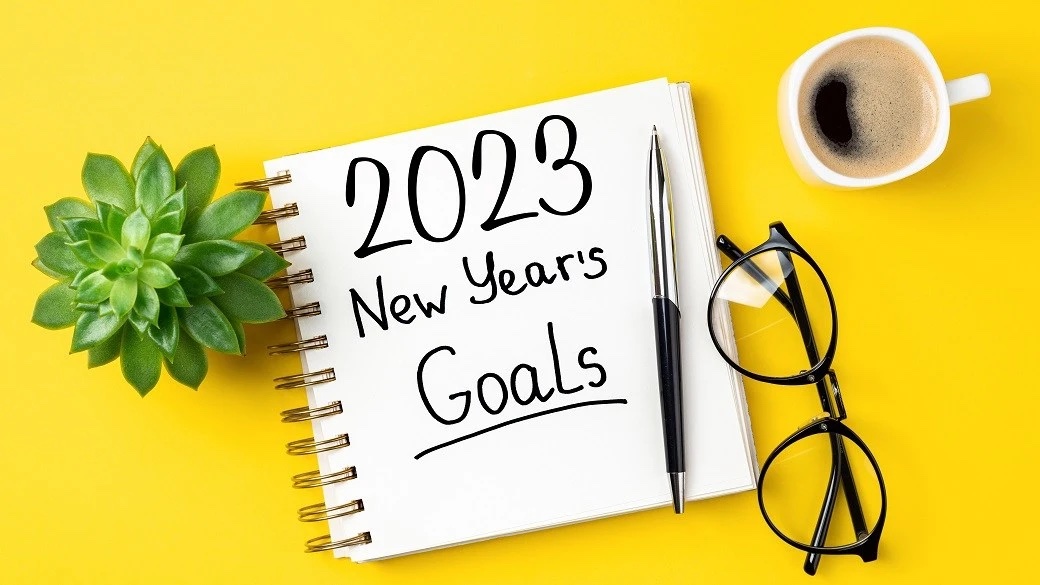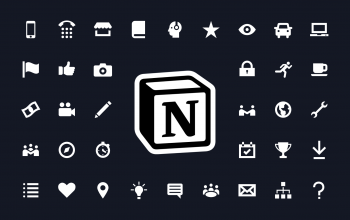Photo Credit: ABC
A time of optimism and prolonged self-promises
Julia Correale, Contributor
January 1st marks the day students, teachers, and individuals all over the world begin a year of new beginnings. The days leading up to this self-preparatory celebration are spent reflecting on the past year and predicting much of the future. Perhaps for many, this entails signing up for a gym membership, learning a new hobby, brainstorming ways to save money, reaching out to a long-lost friend, or the hopes of putting an end to procrastination. We consistently set aside time to deliberately plan how to accomplish these goals. For many, this might include creating a playlist, buying a calendar, or joining study groups. With these ambitions of leading a better, more organized, and self-fulfilling lifestyle comes a start date. Although, have you actually ever wondered, “Why wait until January 1st?” Why did we all suddenly decide to embark on a lifestyle change one random Sunday afternoon?
Considering that we set aside a specific period of time each year for self-improvement as a shared social ritual, it is best to first acknowledge the historical significance behind this hopeful season. As emphasized by the History Network, the rationale for our decision-making is actually due to Julius Caesar and the ancient Babylonians, and while there is a Greek god for just about anything, there was a Greek god for such a time of reflection and optimism. Janus, the god of new beginnings, was symbolic of looking to the past and forward in the year to come. If you think about it, we still hold to these customs and old beliefs.
Leaving history in the past and embracing society today, the New Year provides a motivating start to the new academic semester, particularly for university students. The majority of us students promise ourselves at this time that we will frequently review lecture material, study harder, and vow that we will never put off writing an essay again. Or perhaps some of us have created more personal aspirations. This might include setting aside more time for self-care, taking longer study breaks, or making an effort to eat more home-cooked meals.
Whatever your goals for the coming year are, I have no doubt that you are already feeling motivated and self-assured. This hope for better time management and productivity for the future is hopeful and optimistic. We take the time to evaluate our previous ways, consider what worked and what didn’t, and brainstorm solutions to be more efficient. If we are consistent and nothing stands in our way, we come to believe that we can effortlessly achieve our goals.
Although this goal planning is well-organized, it does not always work to our advantage. If we gave it some thought, perhaps we students could have experienced changing our bad habits earlier rather than waiting till after the New Year. If we just quit waiting for this one day, perhaps this yearly goal-setting process could be cut in half. With that in mind, I think we should add ideas for how we can continue these goals well after the month of January to our lists.
Given that, there is no doubt that this is definitely something to think about.
Happy New Year to everybody! Let’s hope that 2023 is a year of new beginnings and an end to prolonged self-promises!




